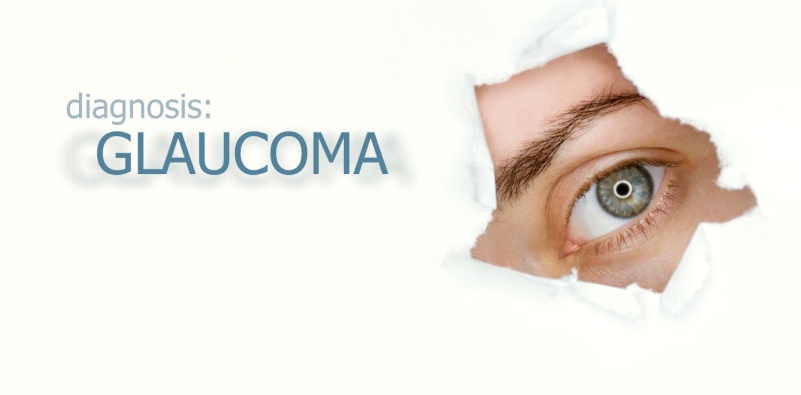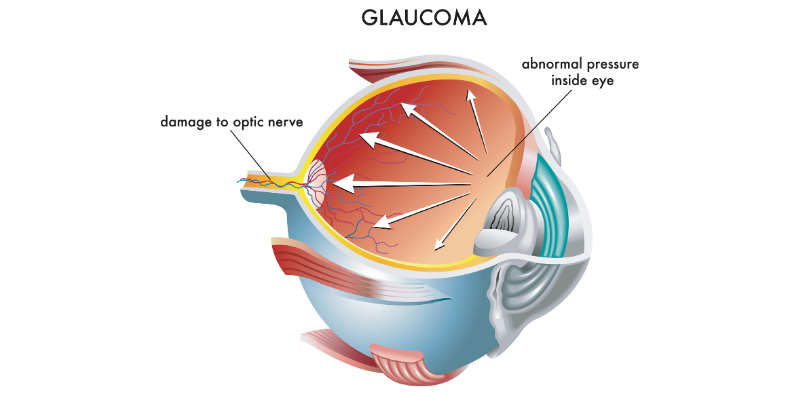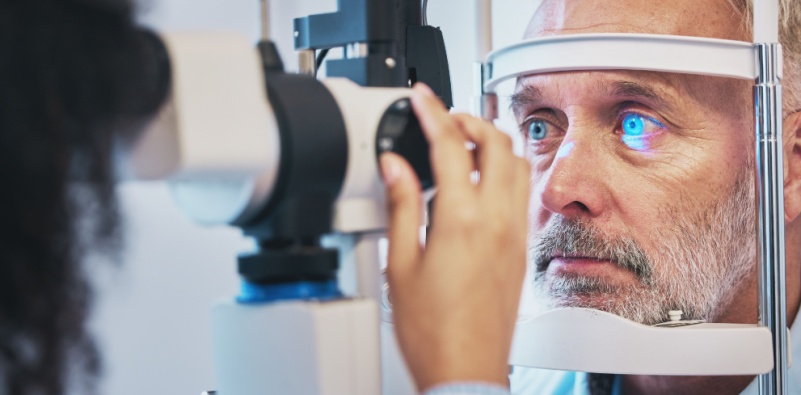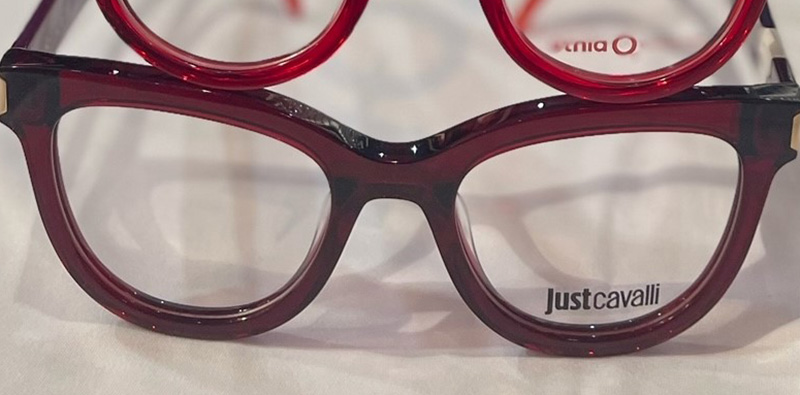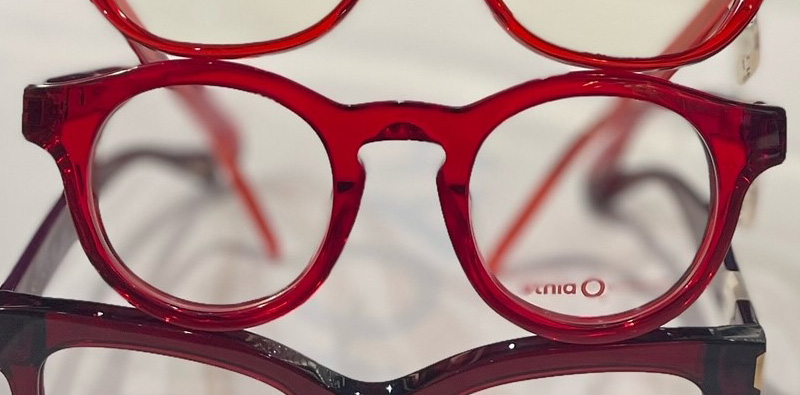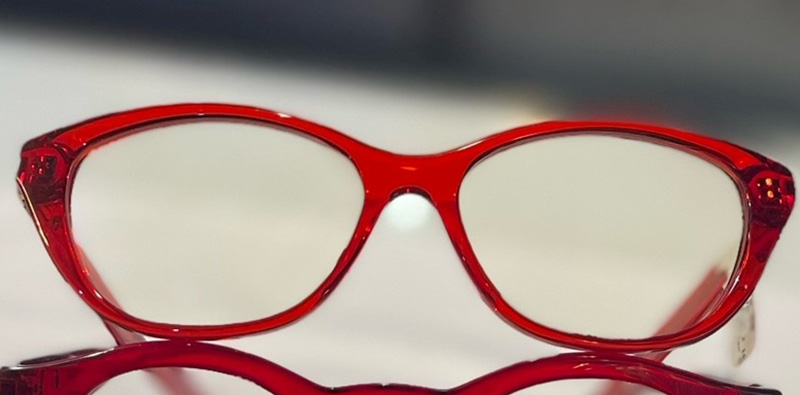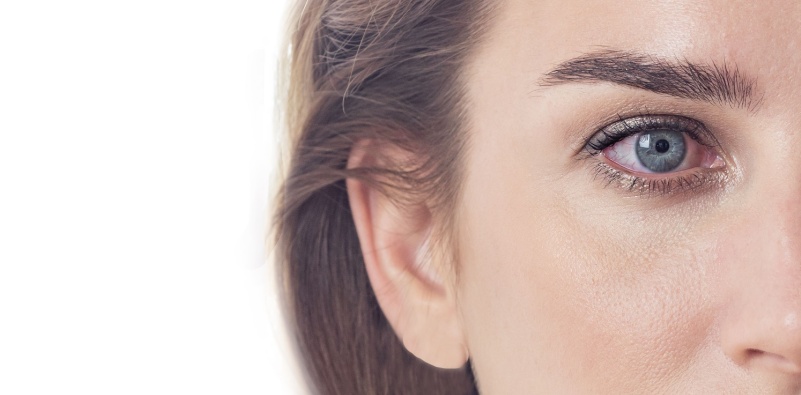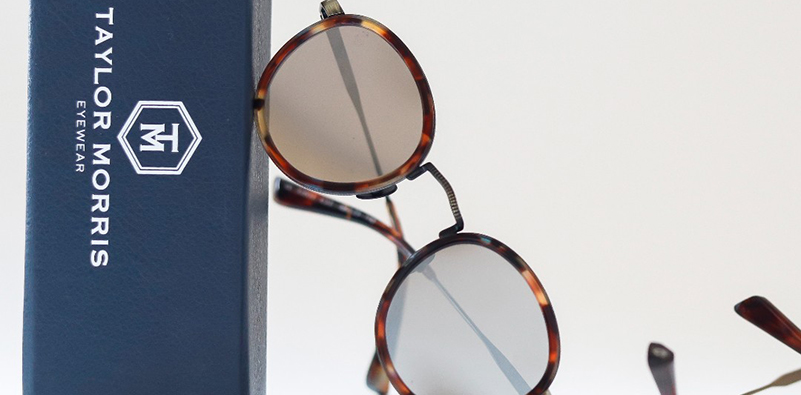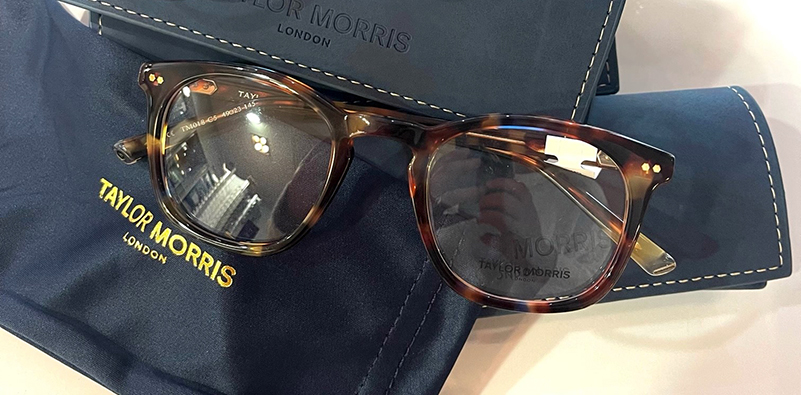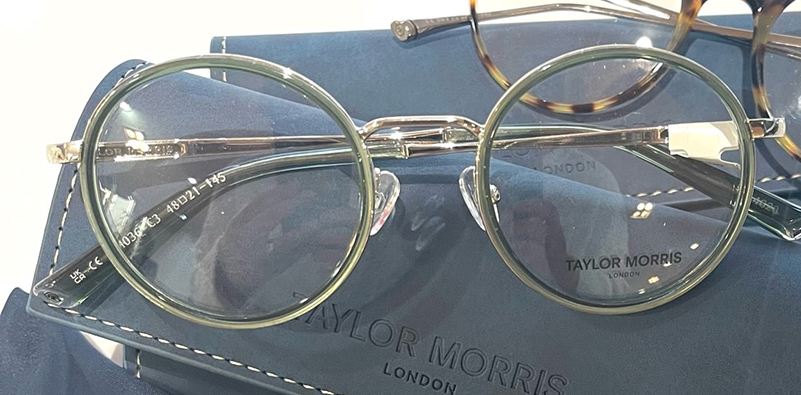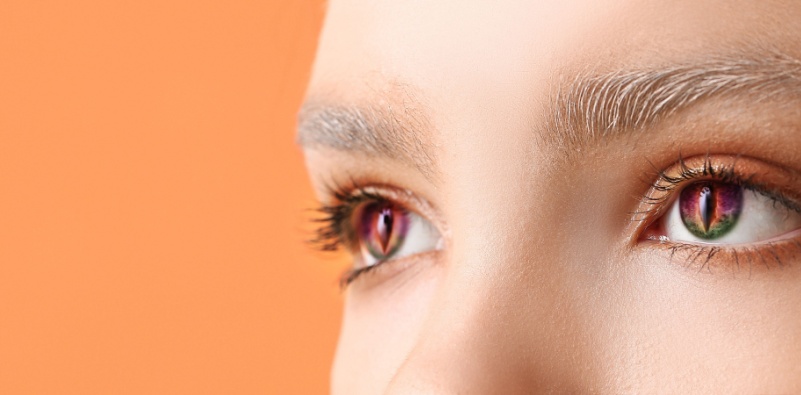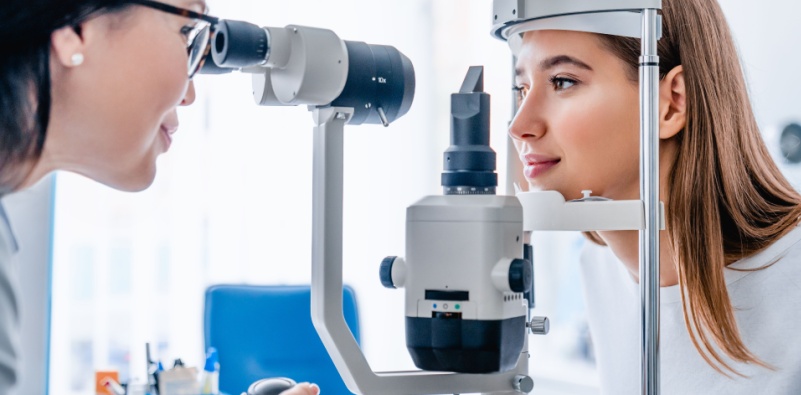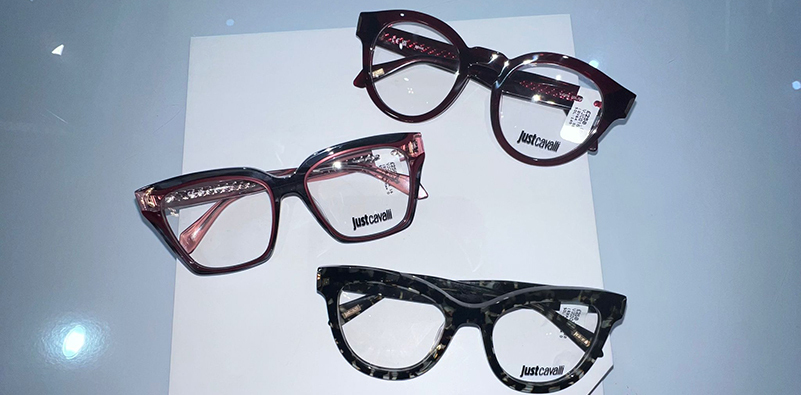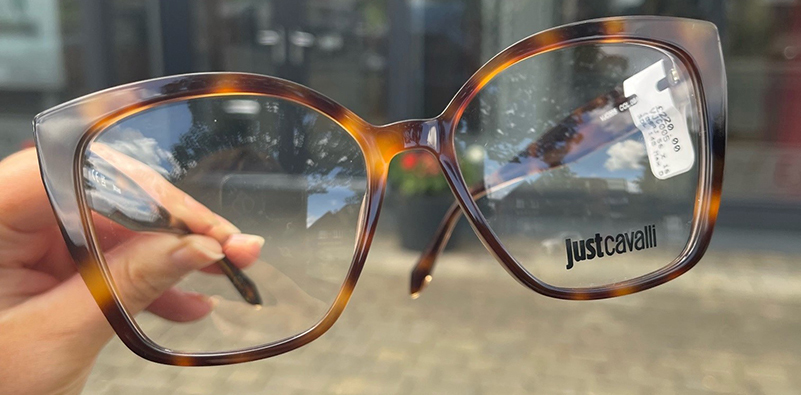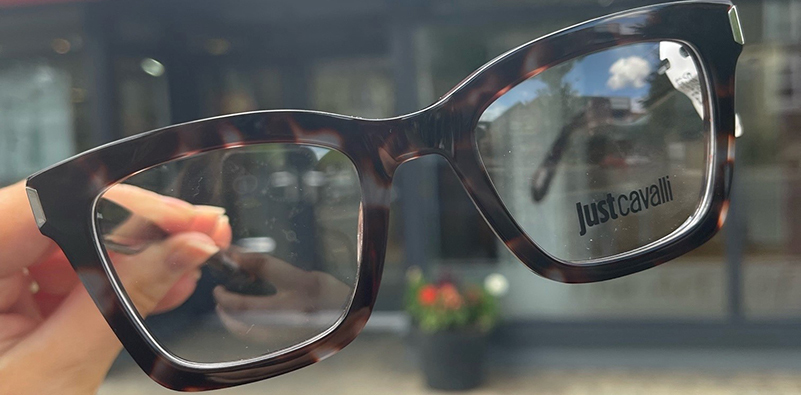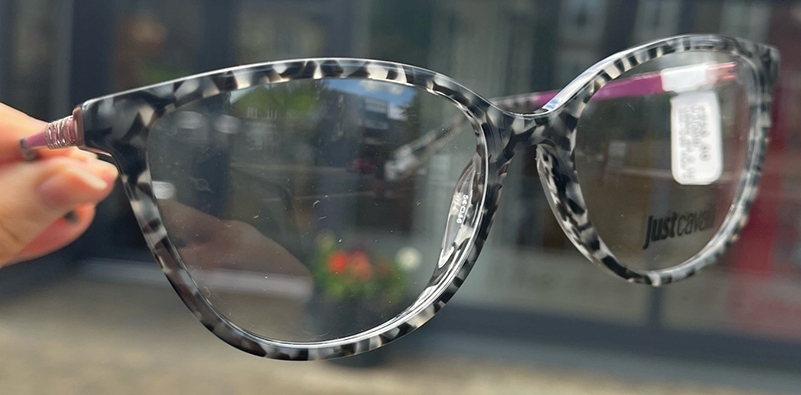Meet our Optometrists
At Robinson Optometrists, we pride ourselves on having a fantastic team that provides every patient with a service that is second to none. Our practice offers a relaxed and friendly environment to help you feel comfortable when you come for an eye test in Whitley Bay. Our optometrists are the main port of call when you attend your eye exam, so why not carry on reading to get to know them a little better?
John
Up first is our colleague from north of the border, John, who’s been a valued member of the team for 20 years! John moved to Scotland from South Africa in his youth and started with us as a pre-registration student before qualifying in 2004.
As a contact lens wearer, John has a special interest in that area, as well as being involved in the North Tyneside diabetic eye care programme. You’ll find John loves a good chat with patients and will be happy to tell you all about his hobbies, including sea fishing and watching Hibbs as a season ticket holder!
Elaine
Say hello to Elaine! We are incredibly lucky to have Elaine working with us as she is one of only a few independent prescribing optometrists in the area. Elaine has experience working in the eye emergency department of Newcastle Royal Victoria Infirmary (RVI), which is invaluable to us here at the practice.
With years of experience behind her, and as one of our optometrists in Newcastle, it’s safe to say Elaine is passionate about looking after her patients’ eyes, and everyone who meets her also says she is lovely! You’ll see her out and about running, training for a 5k or marathon when she’s not at work.
Andrea
Our optometrist, Andrea, is super popular with our patients and team. As a genuine people person, Andrea loves getting to know our patients and will do everything she can to help them. Her qualifications enable her to provide emergency care for minor eye conditions like red eye.
Andrea is also qualified in paediatrics, and she is a part of the local paediatric scheme. She loves helping people of all ages, even more so if you chat with her about her beloved Newcastle United!
Stop by to say hello
Now that you’ve got a little insight into some of our fabulous optometrists, why not pay us a visit and meet them in person? Contact us to book an appointment with our opticians in Whitley Bay today – we know you’ll love them as much as we do!


